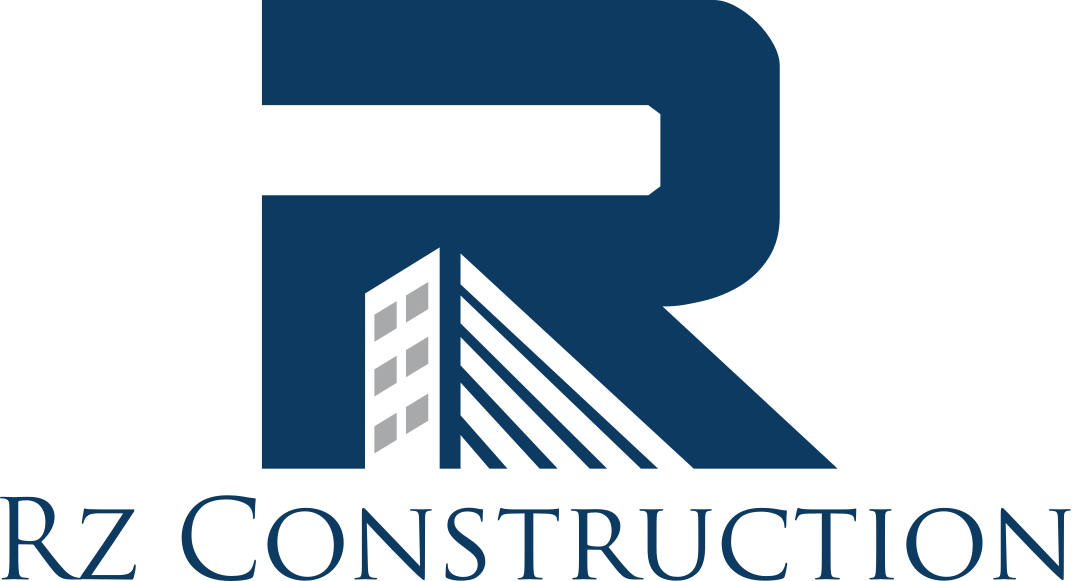The Contractor’s Role
A contractor is pivotal in transforming architectural visions into tangible structures in new construction. These professionals are not just builders but orchestrators of the entire construction process, responsible for the detailed planning, execution, and delivery of new buildings. The contractor’s influence spans the lifecycle of a construction project, from initial consultations with clients to the final handover of the completed building.
Pre-Construction Phase: Planning and Coordination
Initial Consultations and Project Planning
The journey of a new construction project begins long before the first shovel hits the ground. Contractors start by understanding the client’s needs, budget, and expectations. This phase involves detailed discussions about the scope of the project, the desired timelines, and the architectural designs. Contractors must also ensure that all legal requirements, including permits and regulatory approvals, are met before proceeding.
Budgeting and Resource Allocation
An adept contractor excels in crafting a realistic budget that encompasses all aspects of the construction project. This budgeting process includes estimating materials, labor, equipment, and contingencies costs. Effective resource allocation ensures the project remains financially viable and timelines are adhered to, preventing cost overruns and delays.
Construction Phase: Execution and Management
On-Site Management and Leadership
Once the project starts, the contractor shifts to on-site management, involving daily oversight of construction activities. Contractors ensure that work progresses as planned, managing teams of subcontractors and workers. They are responsible for maintaining safety standards and quality control and ensuring construction practices comply with legal and environmental standards.
Problem Solving and Adaptability
Construction projects often encounter unforeseen challenges, such as material shortages, unexpected weather conditions, or structural issues. To keep the project on track, a skilled contractor must be adaptable and capable of solving these problems efficiently. A competent contractor often requires quick thinking, extensive industry knowledge, and strong communication skills to coordinate solutions among various stakeholders.
Post-Construction Phase: Completion and Review
Quality Assurance and Compliance
As the construction nears completion, contractors oversee the finishing touches and ensure that all aspects of the building meet specific standards and regulations. This stage involves rigorous electrical systems, plumbing, heating, and structural integrity testing. Contractors coordinate inspections with local authorities to ensure the building is compliant and safe for occupancy.
Handover and Client Satisfaction
The final step in a contractor’s role is the handover of the completed building to the client. This process includes a thorough property walkthrough, addressing any last-minute adjustments, and ensuring the client is satisfied with the work. Contractors provide all necessary documentation, warranties, and maintenance guides, establishing a clear line of communication for any post-construction needs or concerns.
The Essential Role of Contractors
Contractors are the backbone of any new construction project. Their expertise in planning, execution, and management ensures that projects are completed on time, within budget, and to the satisfaction of all involved parties. The role of a contractor is complex, requiring a blend of technical skills, management capabilities, and interpersonal qualities. With their diligent oversight and skilled management, the construction of new buildings would be more efficient and successful. By understanding the comprehensive role of a contractor, clients can better appreciate the critical value these professionals bring to the construction of their new projects.
